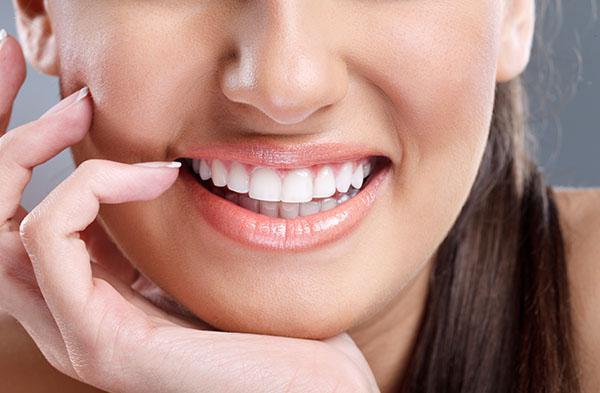
Myths About Oral Health
There are three main parts of proper oral care. To keep your teeth and gums healthy, you need to maintain proper oral hygiene, follow a healthy diet and undergo dental exams at least twice a year. However, oral health is surrounded by numerous myths and misconceptions that can negatively affect the condition of your oral cavity. In this article, we have gathered eight common oral health myths that should be debunked ASAP.
1. Teeth whitening can ruin your tooth enamel
Many people want to have a snow-white smile but some of them refuse to bleach their teeth since they think that it can damage their teeth. However, in-office teeth whitening and bleaching kits that are approved by dentists are completely safe. You may experience mild teeth sensitivity right after bleaching but it disappears in a few days.
2. Gum disease is not common
There is a common myth that gum disease is rare and affects only smokers and/or the elderly. Unfortunately, gum disease can affect everyone, even children. The point is that this condition is caused by bacteria overgrowth that occurs as a result of poor oral hygiene. Other risk factors for gum disease include tobacco use, diabetes, hormonal changes, and heredity.
3. Flossing is not essential
Even if you brush your teeth thoroughly, you still need to use dental floss. You should understand that food particles and dental plaque that accumulates between your teeth boost the bacteria overgrowth. This can result in various oral issues like tooth decay, gum disease, and bad breath. That’s why it is essential to use dental floss daily.
4. A toothache can be treated at home
Many people tend to use home remedies and painkillers to ease their toothache. Even though pain can disappear for some time or completely, such methods don’t treat the underlying condition that causes a toothache. So if you experience a toothache, it is better to visit the top-rated dental specialist to define the cause of your symptoms and undergo proper treatment.
5. Eating sugar causes tooth decay
Indeed, sugar itself doesn’t cause cavities but it is better to limit its consumption to avoid bacteria overgrowth. Increased consumption of sugar can raise your chances of getting tooth decay in the nearest future. The point is that bacteria that cause cavities prefer a sweet environment to live and multiply. During their vital activity, they eat sugar and turn it into acids.
6. Whitening toothpaste can bleach your teeth
If you want to make your teeth white, you need to undergo teeth whitening at the dental clinic or at home. Even though whitening toothpaste can remove some stains from the surface of your teeth with the help of abrasive particles, it doesn’t actually bleach them. You should also know that regular use of whitening toothpaste that contains large abrasive particles can make your tooth enamel thin.
7. The harder you brush your teeth, the cleaner they’ll be
Some people think that it is essential to brush their teeth hard. But the reality is that aggressive tooth brushing can cause severe complications. For example, you can remove your tooth enamel and even make your gums shrink if you brush your teeth hard. Additionally, it is better to get rid of a toothbrush with stiff bristles since it can also scratch your tooth enamel.
8. Gum disease only affects your oral cavity
Even though most symptoms and complications of gum disease occur in the oral cavity, this condition can also affect your general health. People who have untreated gum disease are more prone to lung infections. Additionally, gum disease can increase your risk of diabetes, cardiovascular disease, and even some types of cancer.
